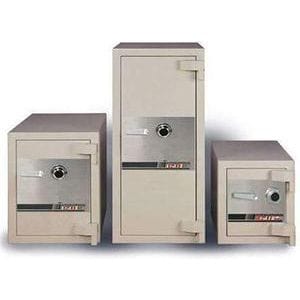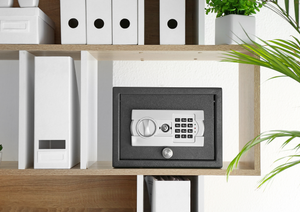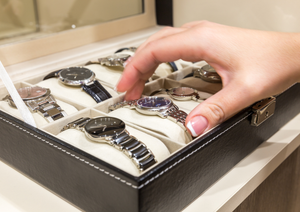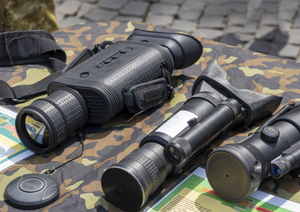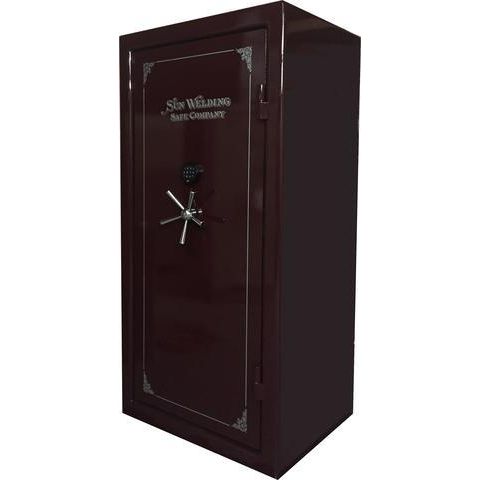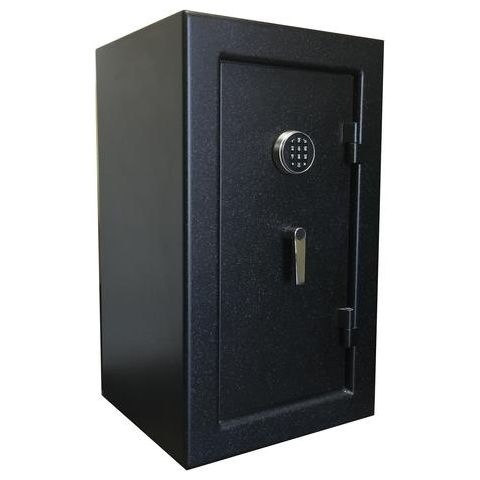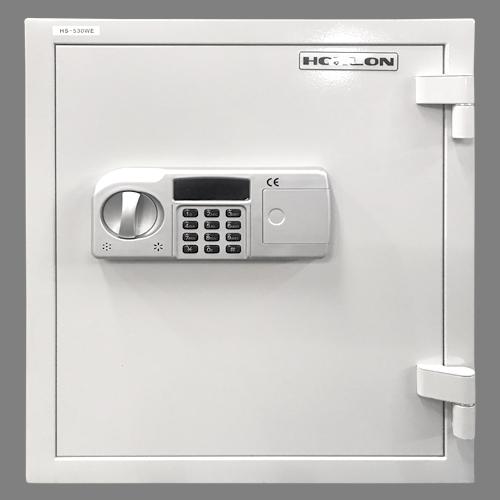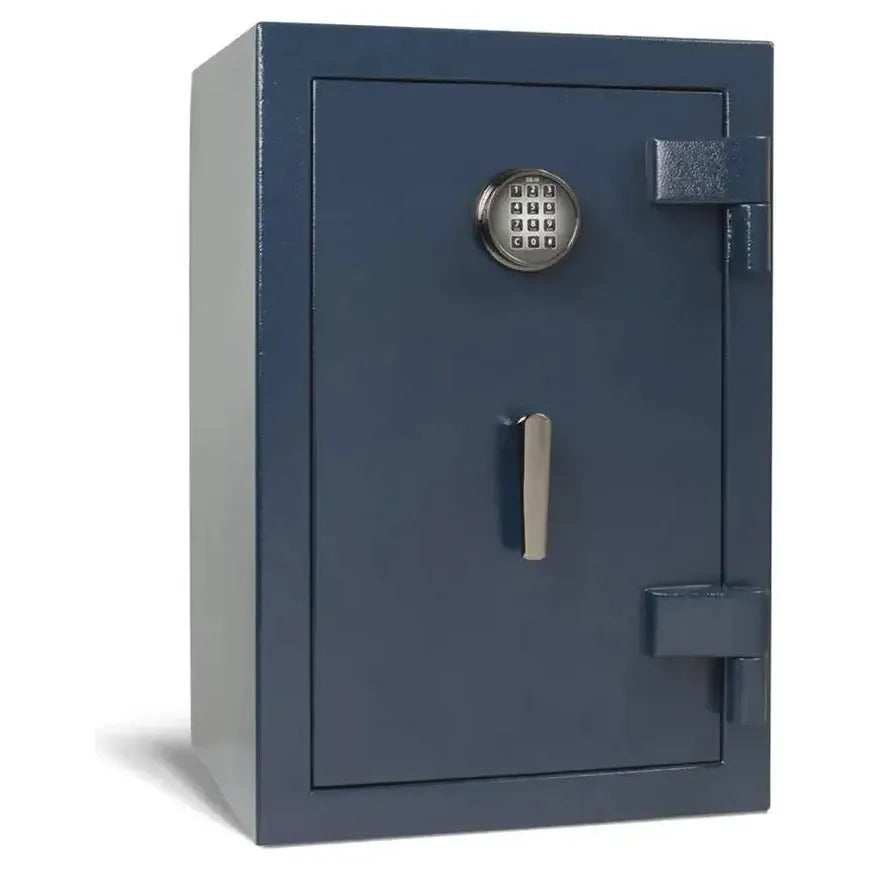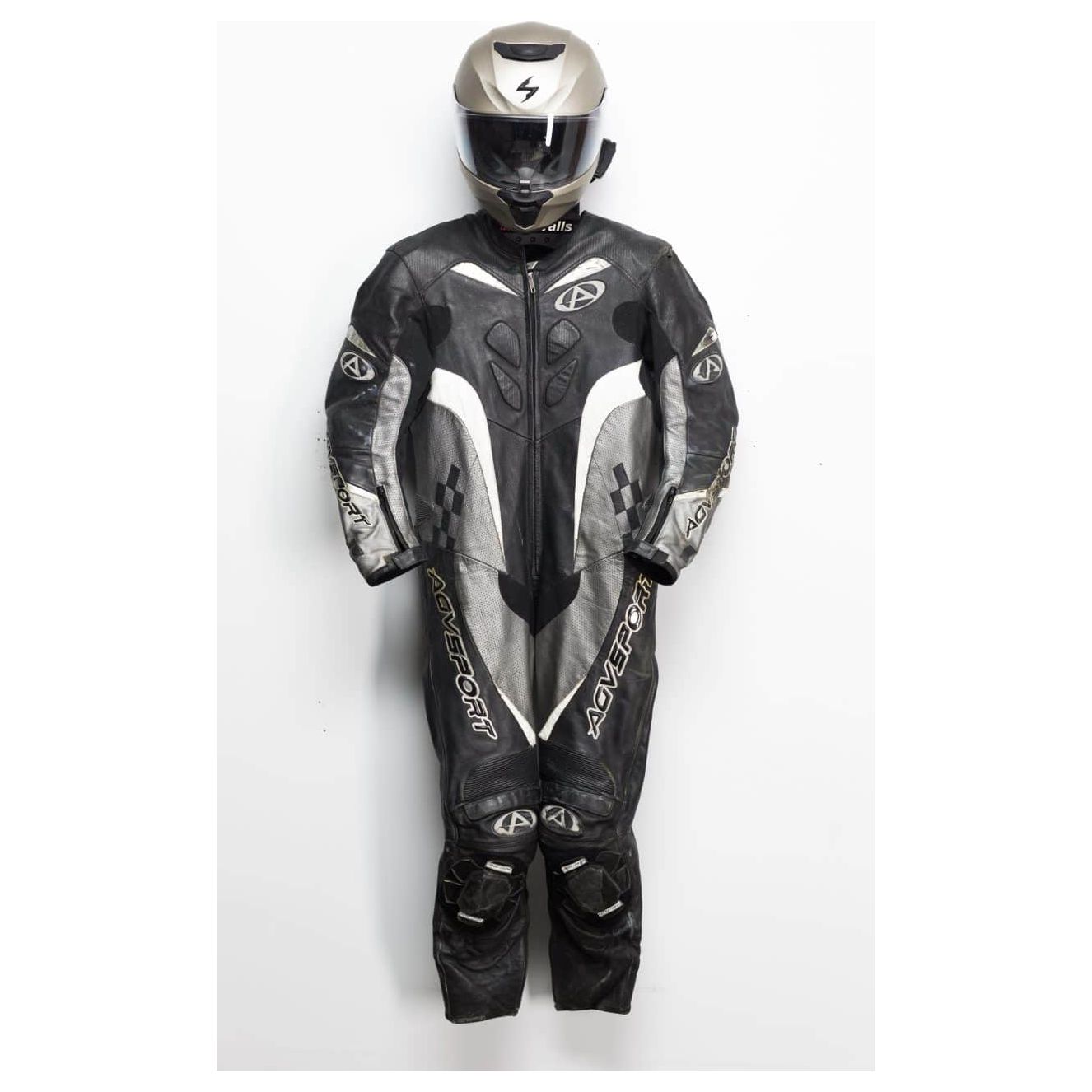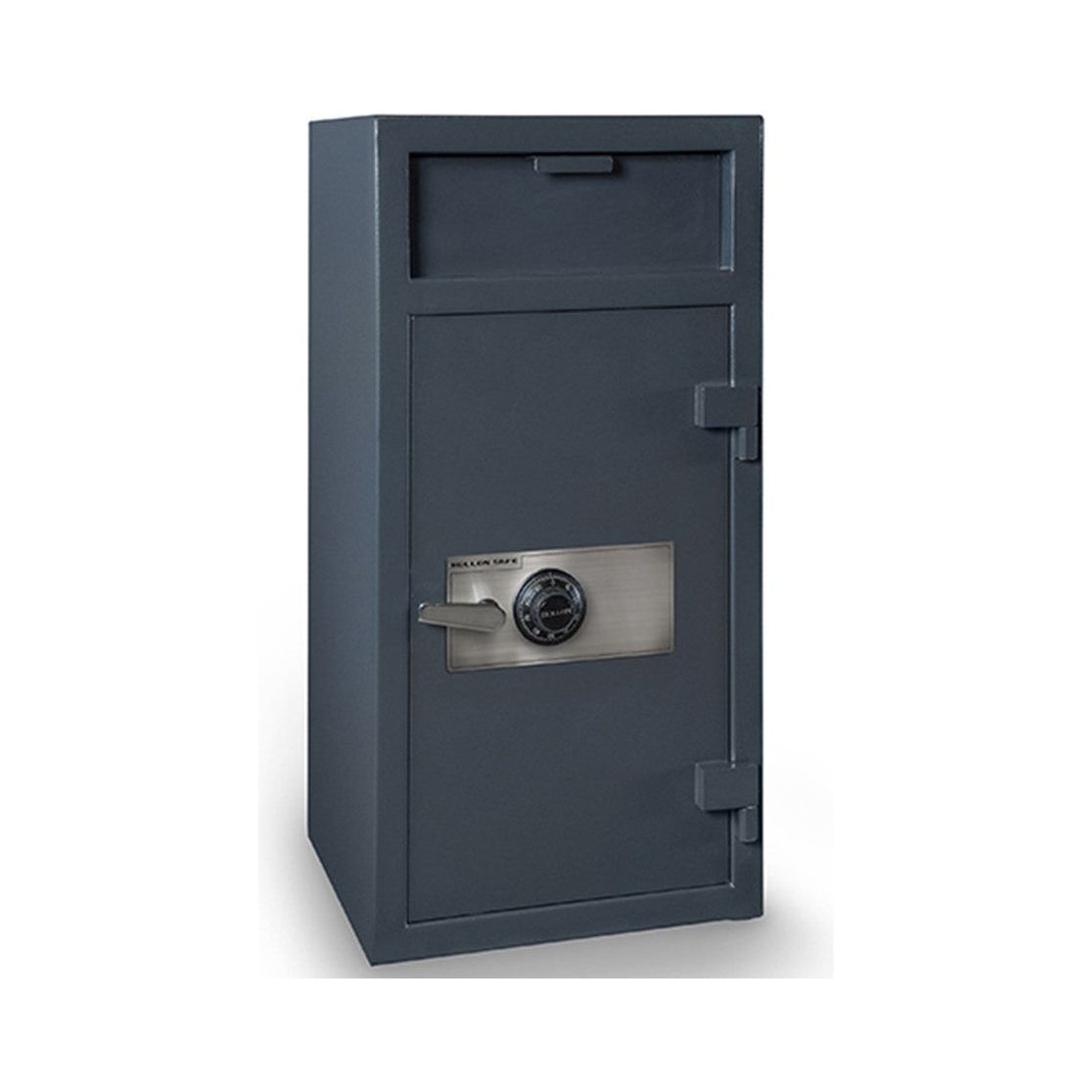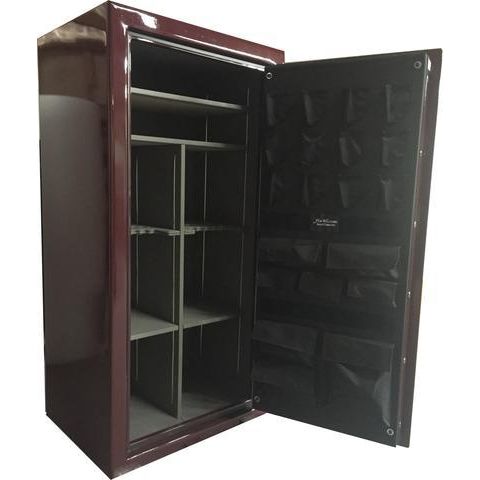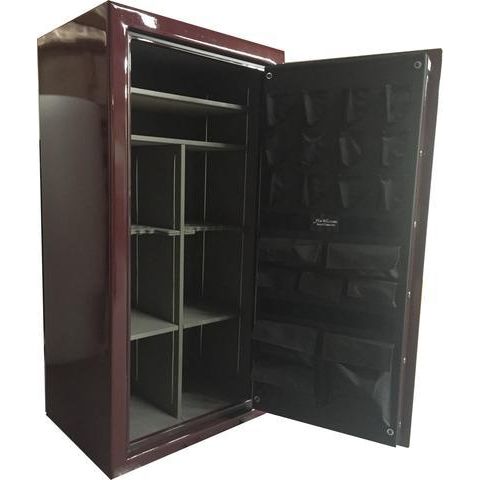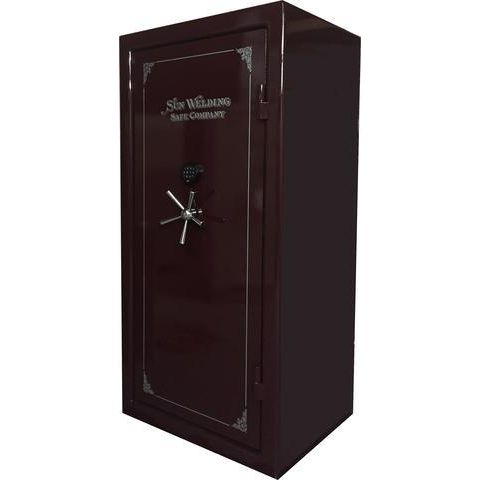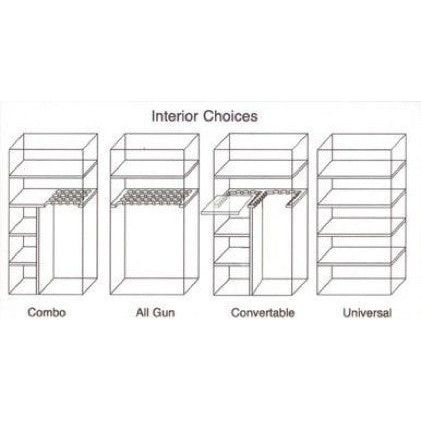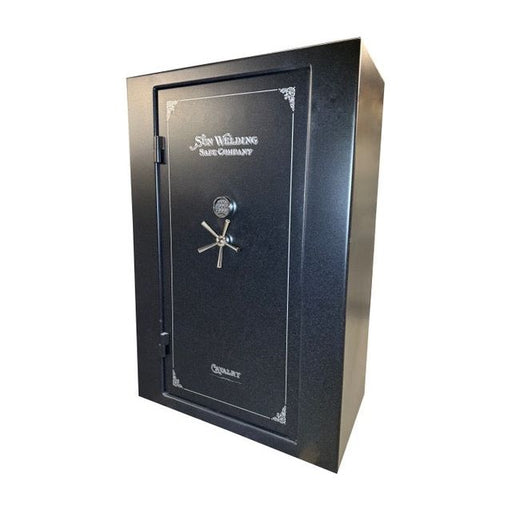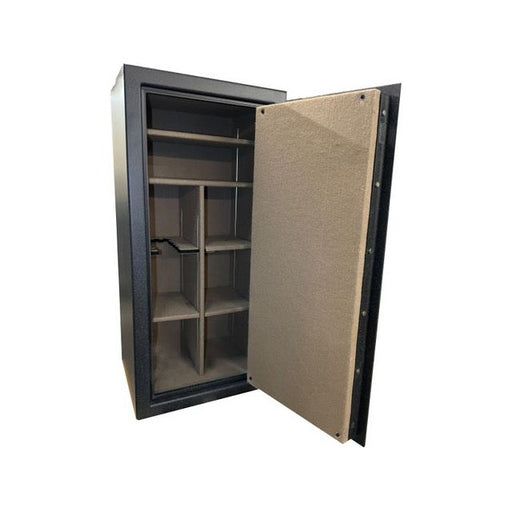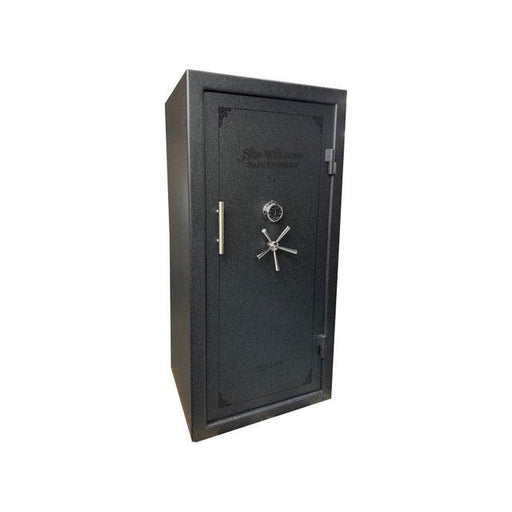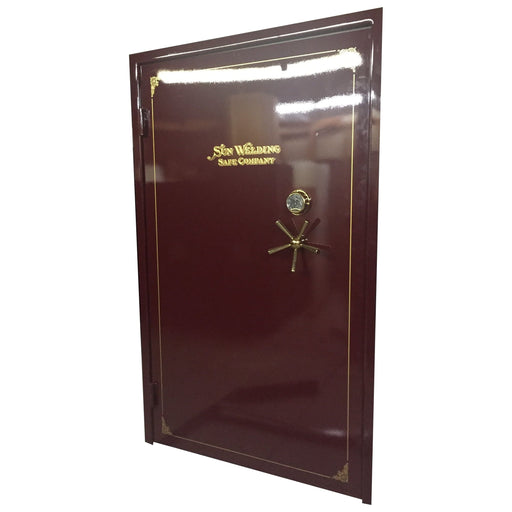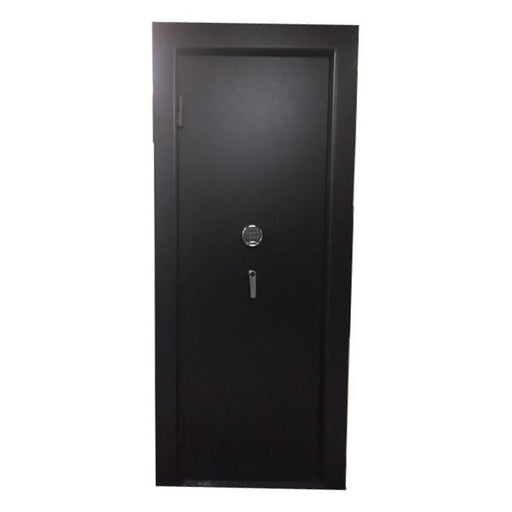When it comes to observing distant objects or wildlife, two optical instruments often come to mind: spotting scopes and telescopes. While both devices have their unique uses and advantages, they serve different purposes and cater to specific activities. In this blog post, we'll delve into the world of spotting scopes and telescopes, exploring their functionalities, differences, and how to choose the right one for your needs.
Spotting Scope:
1. Overview: A spotting scope is a compact, portable, and powerful optical device used for observing distant objects, wildlife, and landscapes. Resembling a miniature telescope, spotting scopes are commonly used for nature observation, birdwatching, hunting, and target shooting. They offer high magnification and excellent image clarity, allowing users to view details from a considerable distance.
2. Key Features:
- Magnification: Spotting scopes typically offer a wide range of magnification options, from 20x to 60x or even more. The adjustable zoom eyepiece allows users to zoom in on distant subjects for a closer view.
- Objective Lens: Spotting scopes have larger objective lenses compared to binoculars, ranging from 50mm to 100mm or more. This larger diameter collects more light, resulting in brighter and clearer images.
- Angled or Straight Design: Spotting scopes come in two main designs - angled and straight. Angled scopes provide more comfortable viewing when looking upwards, making them ideal for birdwatching or observing objects at different elevations. Straight scopes are more suitable for ground-level observations and are easier to use with a window mount.
3. Usage: Spotting scopes are popular among outdoor enthusiasts, birdwatchers, hunters, and nature photographers. They are perfect for observing wildlife, identifying bird species, spotting game from a distance, and evaluating shooting accuracy on the shooting range.
Telescope:
1. Overview: A telescope is an astronomical instrument designed for celestial observation. Telescopes are specifically optimized for stargazing and observing celestial objects like planets, stars, galaxies, and nebulae. They are powerful tools for studying the cosmos and exploring the night sky.
2. Key Features:
- Aperture: Telescopes are characterized by their aperture, which is the diameter of the primary mirror or lens. A larger aperture gathers more light, allowing astronomers to observe faint objects and details in the night sky.
- Mounts: Telescopes usually come with equatorial or alt-azimuth mounts, which enable precise tracking and alignment with celestial objects. Equatorial mounts are preferred for astronomical observations due to their ability to follow the rotation of the Earth.
3. Usage: Telescopes are primarily used by astronomers, astrophotography's, and enthusiasts interested in exploring the wonders of space. They provide detailed views of celestial bodies and offer opportunities to witness celestial events like eclipses, planetary transits, and meteor showers.
Spotting Scope vs. Telescope:
While both spotting scopes and telescopes use similar optical principles, they are designed for different purposes. Spotting scopes are versatile, portable, and offer higher magnification for terrestrial observations, making them excellent for nature enthusiasts and hunters. Telescopes, on the other hand, are specialized astronomical instruments, optimized for observing celestial objects and the night sky.
Choosing the Right One:
When selecting between a spotting scope and a telescope, consider your intended use. If you enjoy outdoor activities like birdwatching, hunting, or shooting, a spotting scope is the ideal choice. However, if you are passionate about astronomy and exploring the cosmos, a telescope is your best bet.
In conclusion, spotting scopes and telescopes cater to distinct interests, providing users with the ability to explore and appreciate both the wonders of nature and the mysteries of the universe. Understanding their differences empowers you to make an informed decision and invest in the optical instrument that aligns with your interests and passions. Happy observing!



